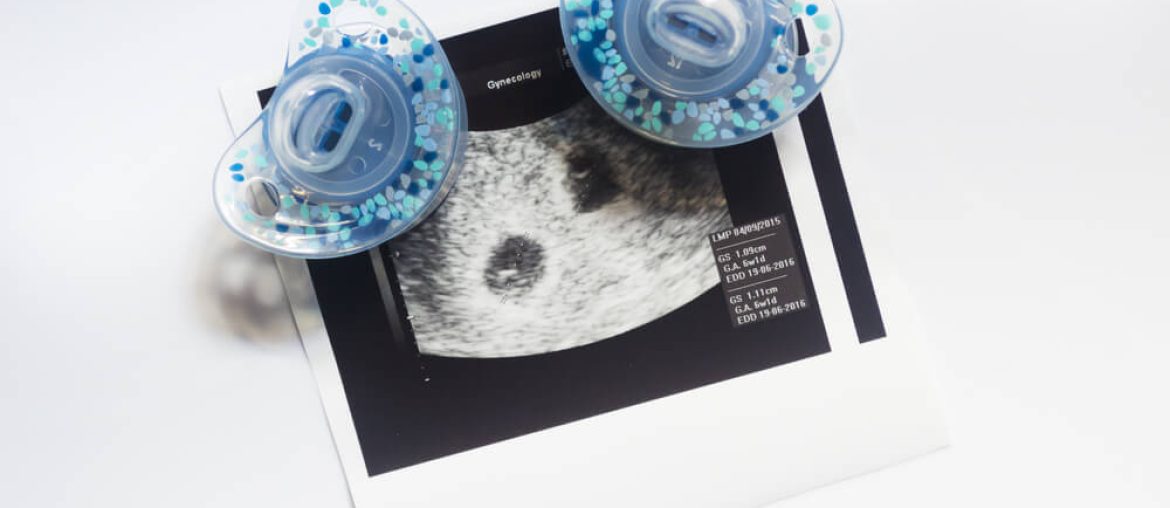Am I Having Twins?
Twins naturally occur once in every 41 births, and can be identical (formed from the same egg) or fraternal (formed from two separate eggs). Fraternal twins are more common than identical twins.
Your doctor or midwife can detect whether or not you are carrying “multiples” (twins, triplets or more) fairly early-on in your pregnancy. A quickly growing uterus, or more than one fetal heartbeat (detectable by ultrasound or stethoscope) are signs that you may be pregnant with more than one baby.
Mothers of multiples need to see their doctor or midwife more frequently, may require more prenatal tests, and may need additional time on bedrest. They also require more calories (2,700) each day, and their doctor or nurse-midwife may prescribe extra vitamins and minerals to help their babies grow. A woman pregnant with twins should gain a total of 35-45 pounds.
Important Note: About half of all multiples are born before 37 weeks, so be certain to look for signs of preterm labor.
Parenting in the NICU: Caring for Multiples
If you have more than one baby, you have the added challenge of getting to know each infant’s needs and personality. Even in the NICU, your babies can show differences in their medical needs, preferences, how they respond to their surroundings and what they need from you. For instance, one baby might prefer a light touch, while the other prefers a firm hold. One baby might sleep calmly through sudden noises, while the other startles and cries. As you get to know your babies and their unique preferences, you can fit your responses to meet each child’s needs.
Getting to know each child as an individual can be especially challenging at first, because you may feel there is not enough of you to go around. You may feel torn between babies, not knowing who needs you more.
- Trust yourself to give each infant what he or she needs on any given day, or even hour by hour.
- If there is a day when you feel especially drawn to one of your babies, spend more time there. Encourage your partner to focus on the other(s).
- You can enlist the help of family members to spend time with your babies.
- Let yourself appreciate and rely on the attention given by your babies’ nurses. They are there to help you take care of your little ones.
- Have confidence that your babies will do just fine, even if your attention is split some time. You can be flexible and so can they. By doing your best, you are given them enough to thrive.
Feeding
When you have more than one baby, feeding decisions regarding the breast or bottle, breastmilk or formula, can seem complicated. You may be able to breastfeed them all, or one baby may feed better from a bottle. One baby may do better on breastmilk, and another on formula. Or you may try to pump milk for all your babies, and substitute formula when needed.
If breastfeeding them all is your ultimate goal, flexibility is key. Whatever the situation, take your time to figure out what works best for you and your babies. And expect to adjust your plans as your babies grow.


















